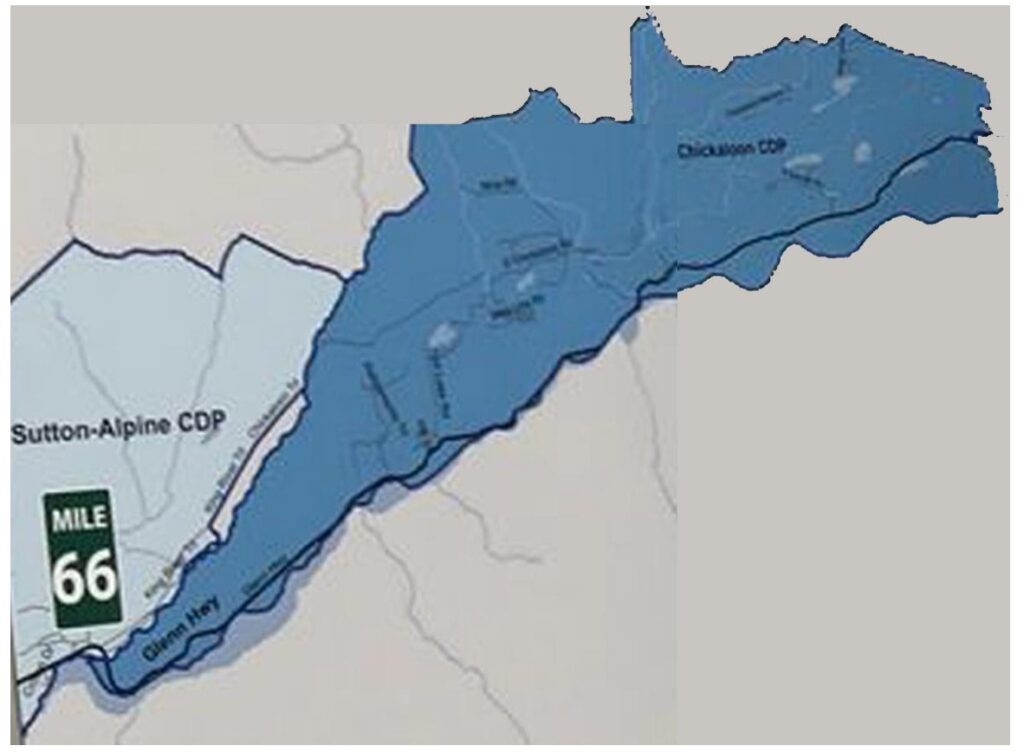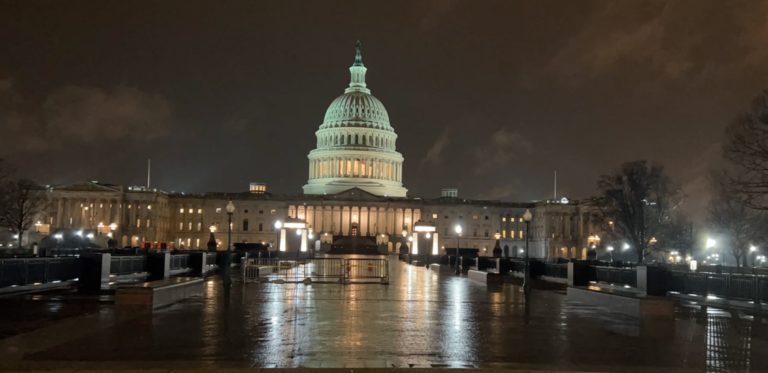MUST READ ALASKA | THE CENTER SQUARE
The Alaska Senate passed Senate Bill 88, legislation that would revive a pension plan that was retired by the Legislature in 2006, when it became clear that such pensions were unsustainable for the State budget. Newer hires in public employee jobs were put into 401(k) contribution plans that built retirement accounts for their later years.
SB 88’s sponsors are Big Government Democrats and nominal Republicans, including Sens. Cathy Giessel, Click Bishop, Gary Stevens, Jesse Kiehl, Scott Kawasaki, Loki Tobin, Bill Wielechowski, Elvi Gray-Jackson, Forrest Dunbar, Matt Claman, and Donny Olson. They are backed by the biggest unions in the state, including ASEA and AFL-CIO.
On the House side, sponsors are Reps. Ashley Carrick, Cal Schrage, Andy Josephson, Jennie Armstrong, Alyse Galvin, Rebecca Himschoot, Andrew Gray, and Cliff Groh, all Big-Government Democrats or “independents” who use the nonpartisan label for cover.
That bill, transmitted to the House on Feb. 2, is now in the House State Affairs Committee.
Meanwhile, in Illinois, a harbinger of what awaits other states that go deeper into pensions. A proposed Tier 2 pension change may cost taxpayers billions of dollars at a time when the Illinois state pension plan is already on the verge of collapse.
According to the Illinois Policy Institute, pensions with funding ratios under 60% are deeply troubled and plans with funding ratios under 40% are likely to be past the point of no return.
Illinois, at 44% funding ratio, is home to the nation’s worst pension crisis and Chicago alone faces more pension debt than 44 states. And the reason? Much of it is due to galloping pay raises for public employees.
State Rep. Blaine Wilhour, R-Beecher City, told The Center Square that the early conversations were about fixing Tier 2 to ensure it didn’t get employees hurt by the “safe harbor” rule, a requirement in which some public employees do not have to pay into Social Security, since they’re covered by pension plans that are equivalent to Social Security benefits.
“I suspected at the time [the conversation] would transform into a massive pension enhancement the taxpayers simply can’t afford,” Wilhour told The Center Square. “We passed through the pensions committee a couple bills that are going to put billions of dollars onto the taxpayer when property taxes are already out of control. Let’s be honest about the conversation we are having. Are we trying to fix the Tier 2 system or are we trying to do a massive pension enhancement?”
Wilhour said nobody has been able to show lawmakers where a single pensioner is going to fall below safe harbor. State Rep. Stephanie Kifowit, D-Oswego, said there was expert testimony last summer.
“We had extensive subject matter hearings regarding safe harbor last summer and there were examples from both the Teacher Retirement System and State University Retirement System of individuals that would trigger safe harbor,” Kifowit told The Center Square. “So his [Wilhour’s] statement is technically false. I’m not sure what he’s basing it on. We had expert testimony that said we would trigger the safe harbor provision with regards to individuals that are retiring as soon as this year or next year.”
Illinois has an unfunded pension liability of $143 billion. Just two years ago it was $120 billion.
To compare, the State of Alaska’s unfunded pension liability is $6.7 billion, whereas two years ago it was $4.48 billion. Even with its pension plan closed over 15 years ago, its obligation continues to those pensioners who were in the system. In the early days of the Alaska Tier 1 pension, workers could retire and begin drawing their pensions at age 50. Some pensioners drew large pensions for nearly half of their lives.
That’s not the pension plan being proposed by SB 88, however. This is a modified pension plan, but it still contains the fiscal risks that other set pension plans carry. SB 88 would amend the Public Employees’ Retirement System of Alaska and the teachers’ retirement system to give certain employees the option to choose between the defined benefit and defined contribution plans of these retirement systems. The bill offers increased benefit payments to some disabled members or those aged 60 or older.
“We need to put efficiency back into state government by reducing the constant churn of employees,” said Senate Majority Leader Cathy Giessel, R-Anchorage and the bill’s prime sponsor. She believes by returning to defined benefits, more employees will stay in government work, and thus, government will be more efficient.
Another Alaska bill seeking changes for state worker retirements is House Bill 302, which would improve the defined contribution benefits currently offered to the state’s teachers, police, and firefighters.
HB 302 would boost state contributions into the defined contribution accounts of public safety workers, and it would give public school teachers access to the Supplemental Benefit System-Annuity Plan, which other government workers in the state have access to.
But both SB 88 and HB 302 are in the House State Affairs Committee, with Sunday, April 14 being the 90th day of the Legislature this year, and only one month to go until the House speaker and Senate president must gavel out on the 121st day, leaving any unfinished work to either die or be taken up in a special session.
Contributions from both Must Read Alaska and The Center Square are in this news story.










